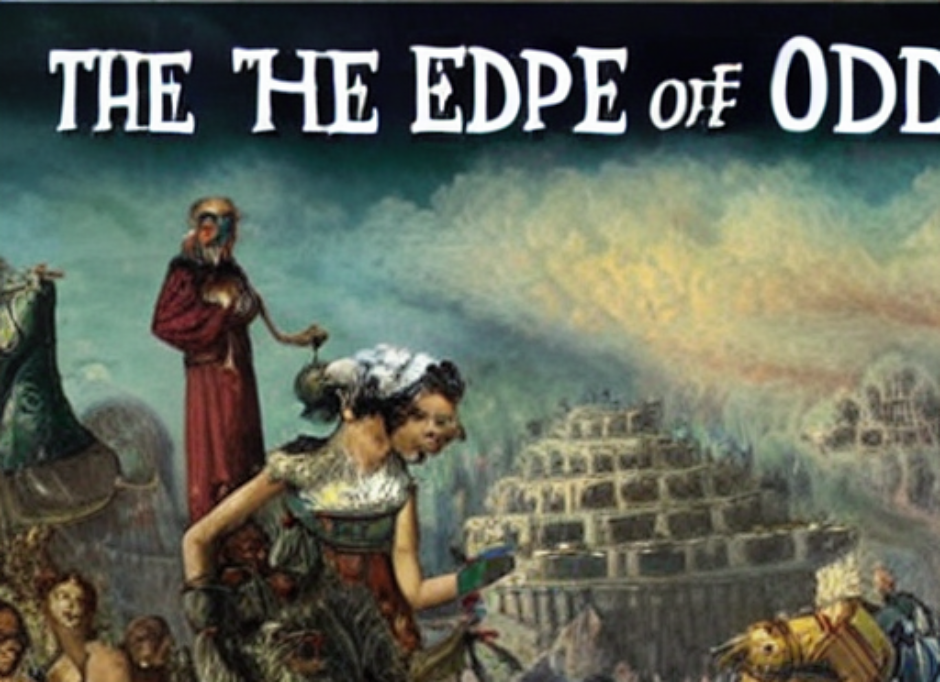If you’re ‘bad’, Anon, an anarchic force for good, will find you
Aug 26, 2010 11:16 PM | By Staff Reporter
Staff Reporter: So the web is dead. It’s the talk of the town, if by “town” we mean Navelgazeville. And we do.
Michael Wolff’s article in Wired magazine (published in an edited form in these pages earlier this week), spells out the shift from an internet characterised as an equal opportunistic and anarchic web to a system of closed and tightly controlled platforms such as Facebook and iTunes.
But it’s not really dead, is it? It’s not even resting. Its fjords barely worth pining for. While closed platforms might be snowballing into the consciousness of the public at large, there remains a healthy glut of websites prospering out there, serving this need, or that. News, banking, shopping – life online hasn’t been entirely boxed and apped just yet.
And if there’s one online activity for which being a registered member of a hypereconomy such as iTunes or Facebook will never be conducive, it is the act of trolling: the ability to comment anonymously on bulletin boards, free from censure, consequence or accountability.
Anonymity is the essence of anarchy. It is the devil on democracy’s back. Civilisation’s shadow corollary. And whereas it was once confined to graffiti on the walls of Rome or the back of the lavatory door at a pub in Brixton, with the advent of the internet age, anonymity has been collecting and coalescing online – on news groups, in chat rooms, beneath news stories and on community forums until, in the random /b/ channel of 4chan.org, it transcended its own critical mass to become Anonymous – the demon god of the internet.

